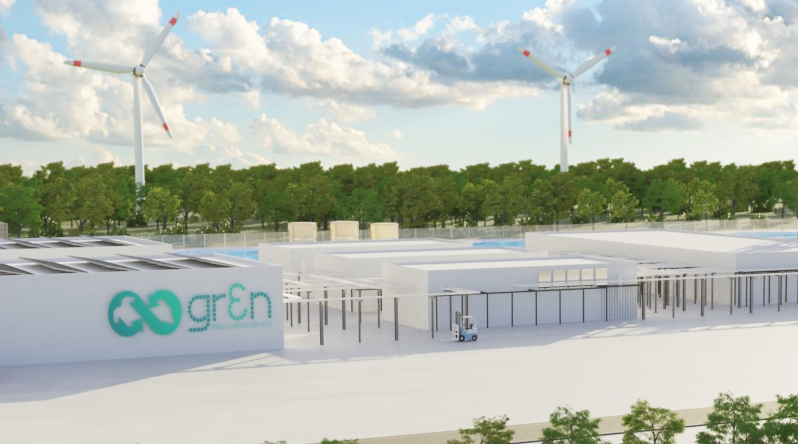Memorandum of Understanding (MOU) between Gr3n and Intecsa Industrial
Gr3n announced the signing of a binding Memorandum of Understanding (MOU) with its shareholder Intecsa Industrial to set up a Joint Venture. Gr3n together with Intecsa Industrial will join forces and build a “First-of-a-Kind” (FOAK) manufacturing facility able to produce 40.000 t of virgin-like PET, commencing EPC phase in Q4-2024 and aiming to be operational in 2027. Gr3n’s chemical recycling technology is capable of processing PET from various industries including textile waste, intended to close the loop for hard-to-recycle PET applications.
“This is a huge step for Gr3n, as it will allow us to grow even more, showing enhanced recycling is something tangible and that it is possible to bring MADE, our Microwave Assisted Depolymerisation, to market,” said Maurizio Crippa, Gr3n Founder and Chief Executive Officer.
Gr3n’s process is claimed to have the potential to change the way PET is recycled worldwide, enabling benefits for both the recycling industry and the entire polyester value chain. Many efforts have been made in the past to transfer enhanced recycling from research laboratories to the manufacturing industry, but the economics and skepticism of the first adopters have constantly blocked the progress of the proposed solutions, says Gr3n. The MADE technology developed by Gr3n is claimed to provide a reliable enhanced recycling solution that closes the life cycle of PET, and also offers food grade polymer material, processes a large variety of waste and reduces the carbon footprint of these materials usually destined for incineration or landfill.
The world’s first industrial-scale MADE PET recycling plant will have the capability to process post-industrial and post-consumer PET waste including hard-to-recycle waste, to produce approximately 40.000 t of virgin PET chips from the recycled monomers saving nearly 2 million tons of CO2 during its operating life. The post-consumer and/or post-industrial polyesters will be both from bottles (coloured, colourless, transparent, opaque) and textiles (100% polyester but also mixtures of other materials like PU, cotton, polyether, polyurea, etc. with up to 30% of presence in the raw textile).
The technical concept of the MADE plant is to break down PET into its main components (monomers) so they can potentially be re-polymerised endlessly to provide brand new virgin PET or any other polymer using one of the monomers. Polymers obtained can be used to produce new bottles/trays and/or new garments, essentially completely displacing feedstock material from fossil fuels, as the recycled product has the same functionality as that derived traditionally. This means that Gr3n can potentially achieve bottle-to-textile, textile-to-textile, or even textile-to-bottle recycling, moving from a linear to a circular system.

